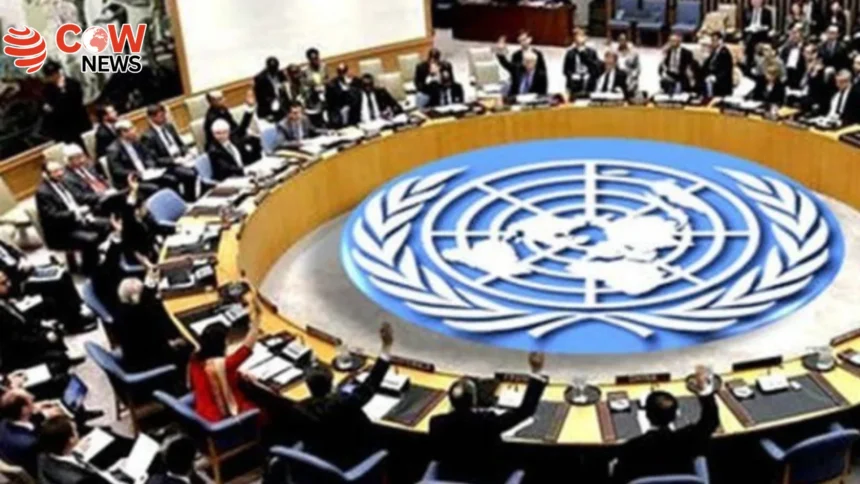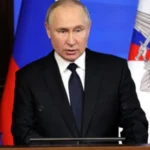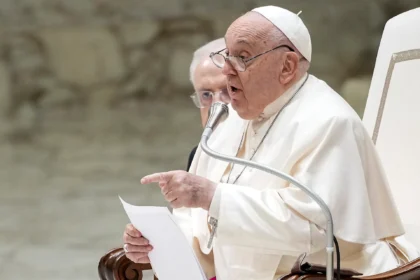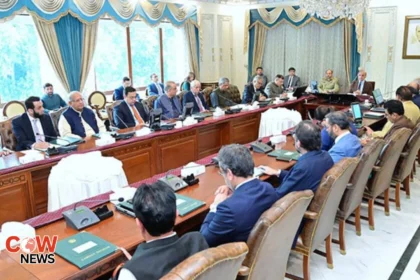New York ( The COW News Digital) The United Nations Security Council will convene an emergency meeting on Friday to address the escalating conflict between Iran and Israel, as regional and global tensions reach alarming levels.
The meeting is scheduled for 10:00 AM (New York time) or 14:00 GMT, and will take place at the United Nations Headquarters. The session was formally requested by Iran, which cited the situation as having “deteriorated to a dangerously unstable point” and alleged direct and undeniable involvement by the United States in supporting Israeli actions.
Iran’s request for the emergency meeting received backing from Russia, China, Pakistan, and Algeria—a coalition of influential UN member states voicing concern over the rising instability in the Middle East.
According to a statement from Iran’s Permanent Mission to the UN, Tehran emphasized that its recent actions against Israel were defensive in nature, launched in response to what it called Israeli aggression and violations of sovereignty. The mission further criticized the United States for what it described as unconditional and escalating support for Israeli military actions, calling it a threat to international peace and security.
The Security Council session is expected to involve open discussion of Iran, Israel, and the United States’ roles in the conflict. Diplomats anticipate that calls for de-escalation, ceasefire agreements, and multilateral diplomatic pressure may emerge from the dialogue.
This marks yet another chapter in a volatile chapter of Middle East politics, where the Israel-Iran conflict has drawn in global powers, risking a broader regional or even global confrontation. The possibility of U.S. military assistance to Israel, coupled with Russia’s warnings to Washington, has heightened international concern and added urgency to diplomatic efforts.
Observers suggest the Security Council may not immediately agree on a binding resolution due to potential vetoes from permanent members, but the meeting is likely to set the tone for future international engagement and mediation.
Meanwhile, Pakistan’s recent election for the eighth time as a non-permanent member of the Security Council adds weight to its role as a potential mediator, especially as Islamabad has publicly aligned itself with calls for restraint and dialogue.
The world now turns to the UN in hopes of preventing further escalation and charting a path to stability in an increasingly volatile region.







